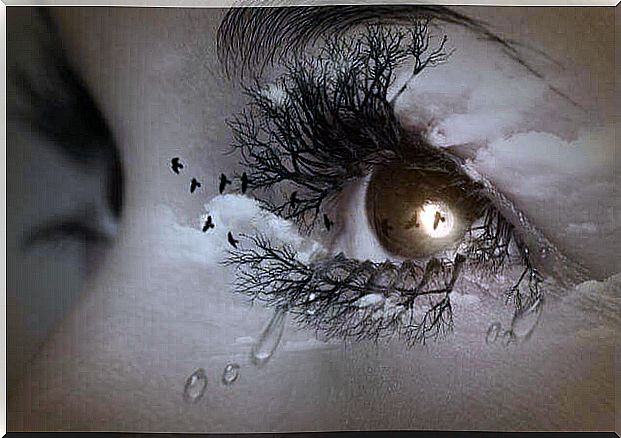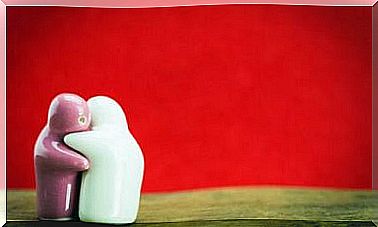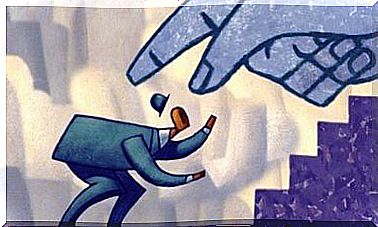The More We Cling To Misfortunes, The More They Can Hurt Us

People have the ability to evoke lived situations through memories, words and places. When we focus our mental attention on misfortunes, bad memories and what didn’t happen as we expected, what causes us discomfort, what we can’t resolve and don’t stop, we give all of this the opportunity to cause us recurring harm and infinite.
Today the worry can be considered an epidemic. About 60% of patients who see their GP complain of anxiety-related problems. We certainly have a lot to worry about, but sometimes we fill this bag of worries with a lot of unnecessary illusions.
Research shows that 40% of concerns are about events that will never happen, 30% are about events that we often think about but that have already happened, and 22% are about something that is about to happen.
Negative situations were, are and will be a constant in our lives, we will always have something that is not to our liking, but the key is to know how to face them and overcome them with thoughts adjusted to our reality.
When we cling to the misfortunes of the past
According to Antonio Jorge Larruy, one of the biggest obstacles that society faces in finding happiness is that people look for happiness in the wrong place. An example is found in a Filipino village with a high poverty rate and whose territory is the most affected by natural disasters. According to the Disaster Research and Epidemiology Center, it is the happiest place in the world, in front of multimillion-dollar cities like Monte Carlo.

Educate our thoughts to focus on the present
When our minds get lost in the past or the future, our brains become numb and we activate the area of the right prefrontal cortex where the emotions that hurt us are lodged. Prestigious American universities, such as MIT and Harvard, point out that focusing thoughts on the present opens new channels in our left prefrontal cortex, experiencing more positive emotions.

Thich Nhat Hanh, Zen master, peace activist and Nobel Prize nominee, argues that residing in the present moment is the only true way to find peace in yourself and in the world. Most of the illnesses that we suffer from are negatively influenced by our emotional pain or our mental lack of control, which create imaginary worlds far from the present, almost always destructive.
To educate automatic thoughts it is necessary to observe what is going on in our mind without making judgments or getting caught up in thoughts. If we are completely established in the present, as Thich Nhat Hanh invites us, “we don’t have to chase after whims like power, fame or other pleasures”.









